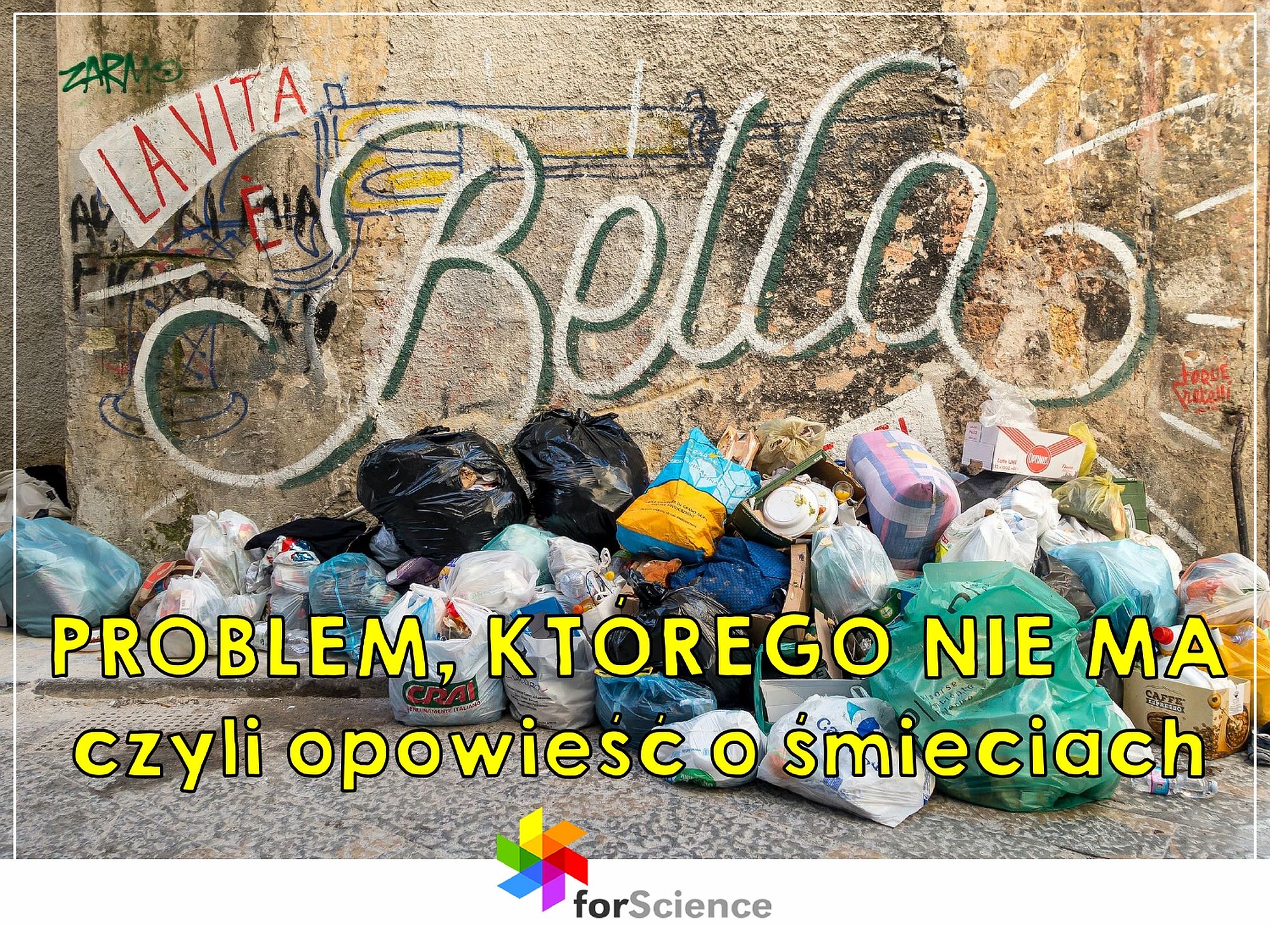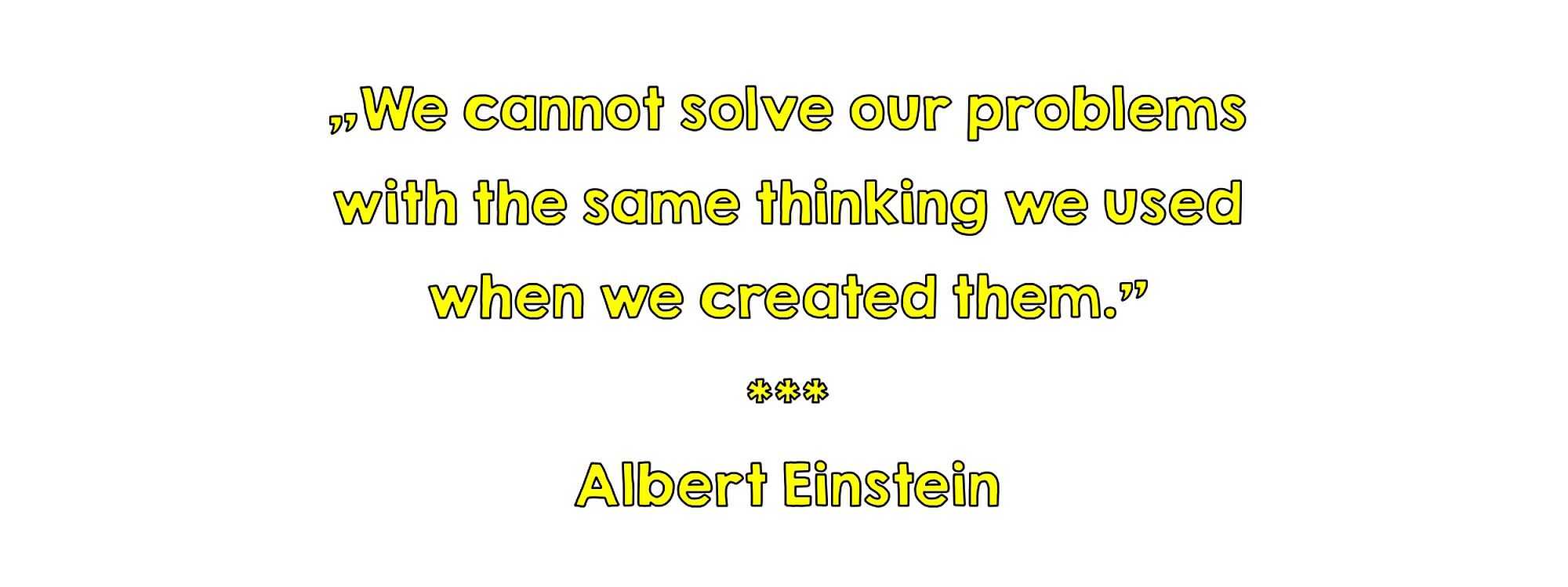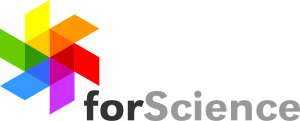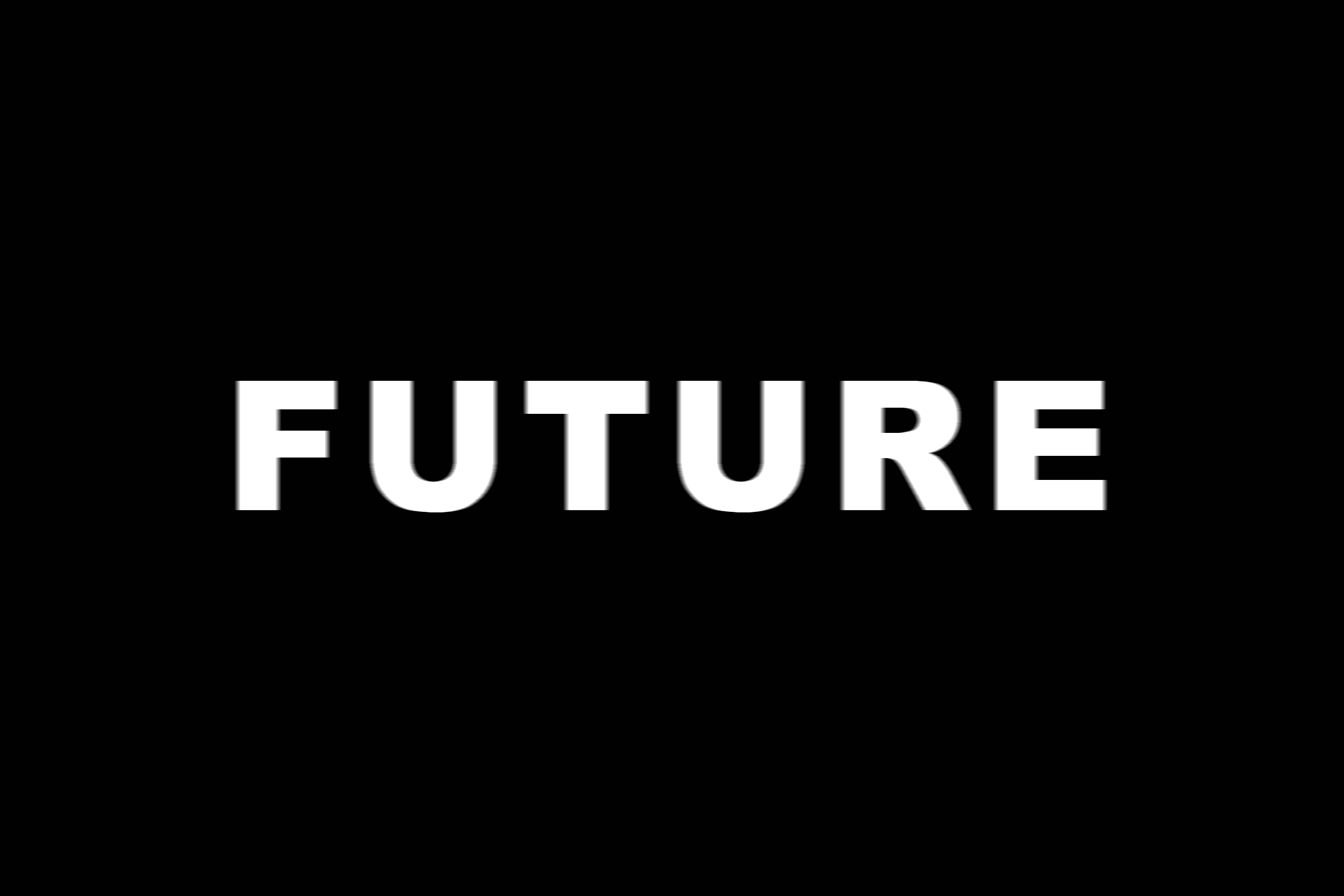In 2021, the forScience Foundation happily accepted an invitation to become part of the Future project – a remarkable educational initiative launched by the Innovation Lab of High School no. 3 in Gdynia, Poland. The project focused on various aspects of futurology, which is a branch of social sciences aiming to forecast the future, examine the coming challenges and their common perception as well as – most importantly perhaps – figure out efficient ways of dealing with issues that will, sooner or later, affect us. The fundamental aim of all activities carried out as part of the project was to escape the information bubble in thinking about the future.
The project was divided into two parts. The first comprised sixteen student presentations devoted to a variety of topics, ranging from esoteric programming languages, through the use of slime moulds in technology, to commercial applications of fusion energetics. The second part included eight expert meetings, which were to cast new light on selected aspects of reality.
- Conflicts of the future – Prof. Marek Wrzosek
- From chaos comes order – Zuzanna Skalska
- Artificial intelligence: opportunities and dangers – Prof. Aleksandra Przegalińska
- A problem which is not, or a story about litter pollution – Barbara Jóźwiak, forScience Foundation
- Blockchain and cryptocurrency – Prof. Krzysztof Jajuga
- Geopolitics – Jacek Bartosiak
- Disinformation – Katarzyna Sadło
- Future through the eye of an artist – Bodo Kox
As you sure have noticed, one of the project’s experts was Barbara Jóźwiak from the forScience Foundation, whose talk focused, quite unsurprisingly, on litter pollution. This time, however, the adopted perspective was not that of Arctic beaches. Or that of progress, a concept permeating most other talks.

The title slide of the presentation created by the forScience Foundation for the Future project.
© Barbara Jóźwiak, forScience Foundation
This was because the deepening pollution crisis is not the aim of progress, but rather its unfortunate side effect. So if we choose to view the world through the narrow lens of development, litter pollution does not make it into the picture. As a result, in discussions about the future the litter problem, although fundamental, is hardly present at all. Even more so as we’ve long rationalized ignoring it – and doing precious nothing to solve the problem – by claiming that further progress will no doubt do it for us. The truth is, however, that there’s little to support the claim. An plenty of evidence to the contrary.

And so, instead of looking ahead in search of purely technological shortcuts, Barbara took in her presentation a huge step back, all the way to prehistoric times. Why? To make it easier for her listeners to understand the origins of the problem and the reasons why we keep acting as if litter pollution was absolutely nothing to worry about. Did she manage? You bet. According to Anna Rzepa, the project’s originator and coordinator, the talk was a real knockout!
The culmination of the project was the completion of a problem task which involved answering the following question: “How to transform the education system so that it prepares young people for jobs which do not yet exist?”. The work on the task ground to an abrupt halt with the outbreak of war in Ukraine. The future, which constituted the project’s central theme, suddenly became the present and theoretical disputes quickly gave way to hands-on support, which the 3LAB team got involved in. But the conflict in Ukraine affected more than the project’s schedule. It provided an incentive to rewrite its final question so that it better matched the new reality. The result was as follows: “How to transform the education system so that it prepares young people for what is yet to come?”.
The end of 2022 saw the release of the final report, containing reflections, conclusions and recommendations regarding the education of tomorrow. What’s left is to hope that the document reaches the right people and thus makes a positive contribution to the ongoing public debate on the state of Polish schooling.


